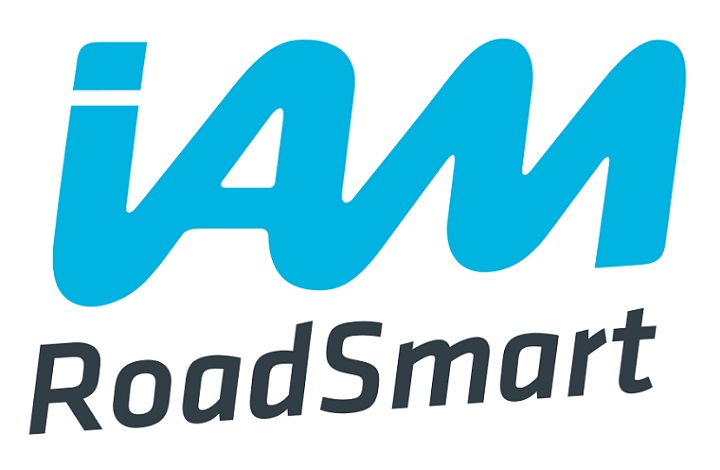
Young drivers aged between 17-25 years currently make up more than a third (38%) of all dangerous driving endorsements, despite accounting for just 7% of all full licence holders.
That’s according to new figures analysed by IAM RoadSmart.
Data gathered through a Freedom of Information (FOI) request to the DVLA shows that 1,128 DD40 (dangerous driving) endorsements have been issued to 17-25 year-olds in 2024 (up to 1 June), 38% of the total figure.
Across the entirety of 2021, a total of 1,585 drivers in this age bracket received DD40 endorsements, 27% of those issued in total.
By 2023, this had increased to 1,928 new endorsements (36% of all issued).
A DD40 is the police endorsement code issued on a licence for dangerous driving. The number of points can vary from three to eleven depending on the seriousness of the offence and must stay on the licence for four years from the date of the conviction.
Typically, these are issued for behaviours such as:
- speeding, racing, or driving aggressively
- ignoring traffic lights, road signs or warnings from passengers
- overtaking dangerously
- driving under the influence of drink or drugs, including prescription drugs
- driving when unfit, including having an injury, being unable to see clearly, not taking prescribed drugs, or being sleepy
- knowing the vehicle has a dangerous fault or an unsafe load
- distractions may also cause dangerous driving
Nicholas Lyes, IAM RoadSmart director of policy and standards, said: “Something is going awry with driving standards among younger drivers when they now account for well over a third of all new dangerous driving endorsements while at the same time making up a small proportion of overall licence holders.
“A form of graduated driver licensing (GDL) should now be considered as part of an updated road safety strategy. We strongly believe that training, upskilling, and wider experience will foster better responsibility and decision making which will make our roads safer.
“However, this should not be the end of it: by extending the learning period and introducing a probationary period, younger drivers themselves must reap the financial benefit of reduced motor insurance premiums and the chancellor can play a significant role by waiving insurance premium tax on policies that have been taken out through a GDL scheme or a similar training course.
“We maintain our call for social media companies to take more immediate action by promptly taking down uploaded content where law-breaking is being caught on a mobile phone in a moving vehicle.”
IAM is on the right track – but nothing is really “going awry”. Young drivers’ behaviour is exactly what one should expect it to be. Free will is an illusion. What’s happening in our brains is what matters. And we all already know that the pre frontal cortex lags behind the development of the rest of the brain. To anyone wanting to learn more, I’d recommend Robert Sapolsky’s “Determined – the science of life without free will”. I’d read the Appendix first … 🙂
Fraser Andrew, STIRLING
+1
> A form of graduated driver licensing (GDL) should now be considered as part of an updated road safety strategy. We strongly believe that training, upskilling, and wider experience will foster better responsibility and decision making which will make our roads safer
What an incredibly disingenuous comment.
GDL isn’t a way to upskill or to gain experience, it’s just a sticking plaster covering over huge gaps in the driving syllabus. Won’t go into that because most people know my thoughts on that matter.
> younger drivers themselves must reap the financial benefit of reduced motor insurance premiums
That’s been tried before, with the Pass Plus scheme. That saved me very little as an 18 year old on an insurance premium that was already £2k (£2,900 at today’s rates)
Removing IPT from a £2,900 premium would save approximately £350. Not exactly the encouragement on offer to stop someone from “fronting”, for example.
David Weston, Newcastle upon Tyne
0